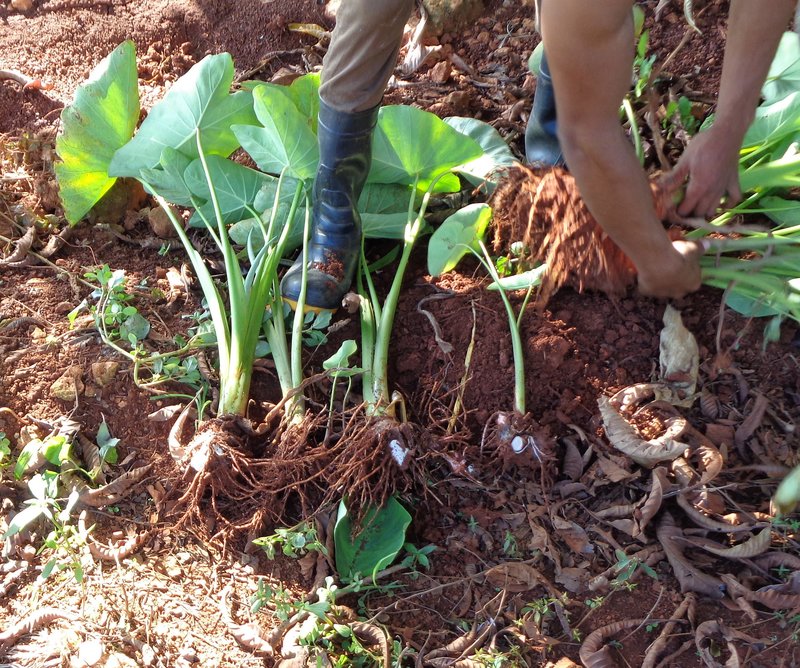Reflections on a Trip to Cuba
Published
2017-11-03
Guest Post by Bob Hargrave — Agricultural Consulting Coordinator, ECHO Inc.
At the invitation of the United Methodist Church of Cuba, in early October, a team of three ECHO staff traveled to Cuba. During the five day visit, the team was shown four sites in which the church is currently farming or plans to farm. Following are the team’s observations.
Land tenure in Cuba is different than in other places in which we have worked and/or visited. There is a good bit of fallow land available for production. Along the roads traveled we observed many exotic tree species yet did not see indigenous forests. There are national parks and natural areas; however, visiting those was not possible given the limited amount of time we had. We covered about 400 km by road!
ECHO Publications that might prove helpful:
-
EDN Articles:
An example of the exotic vegetation we noted was “the bush” which we saw being cleared near Santa Cruz del Norte, one of the four sites we visited. We learned from our hosts that the small trees which dominate the vegetation are called “Aroma” or “Marabú”, and make excellent charcoal. In fact, workers were producing charcoal as they cleared the brush. Further research revealed that the tree was an introduced invasive species (Dichrostachys cinerea), valued for charcoal production which is exported to European countries. In fact, 40 tons of charcoal recently became the first legal export from Cuba to the US in over 50 years.
There did seem to be extensive use of living fences and fence posts and we noted in particular the use of Gumbo Limbo and Gliricidia. Much of the soil that we could examine had good structure, generally a sandy clay. Some practices promoted by ECHO that could be helpful are cover crops, intercropping, agroforestry and the natural farming deep litter system of pig production.
Accommodations and in-country travel arrangements were very well organized and we thoroughly enjoyed the generous hospitality, food and friendliness of our hosts. We look forward to future collaboration between ECHO and farmers in Cuba.